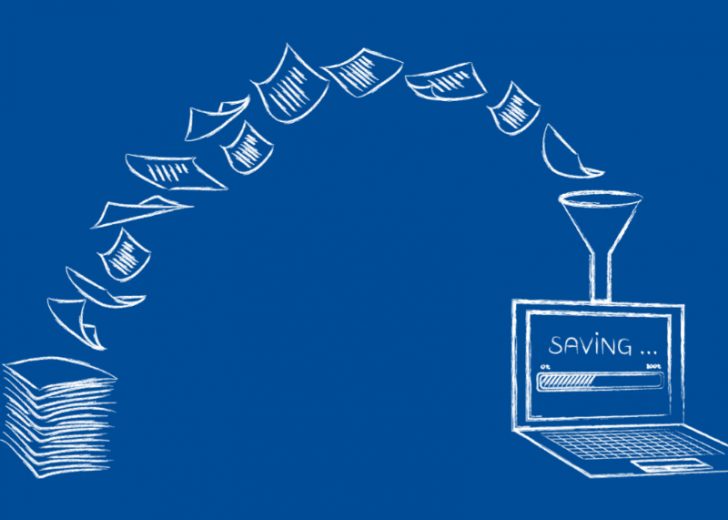2019 turned out to be an exciting year for the legal industry with new legal tech solutions and alternative work models emerging, when the legal market became increasingly competitive and continuously evolving. Some trends witnessed, will continue to shape how we practice law in the future. The following trends will define the legal industry in 2020:
Remote Work:
As mobile devices become more common, lawyers resort to take advantage of the ability to work remotely. Today’s lawyers are not tied to offices. In 2020, more attorneys will be working from home offices and are increasingly mobile.
Freelancing:
While lawyers are detaching from offices, many are cutting away entirely from formal law firms. Once rare, legal free-lancing is now a career option and freelancers are increasing. More lawyers will opt to freelance life in 2020.
Legal Tech:
Legal Technology has revolutionized law practice over the past decade. With new solutions emerging daily, that trend won’t stop soon. More legal tech solutions will enter the market in 2020 and lawyers’ lives easier.
Going Paperless:
As technology advances and mobile devices proliferate, carrying boxes of documents has been greatly diminished. Mounds of documents filling an entire conference room are now accessible on laptops or iPads, freeing lawyers from mountains of legal papers. Expect to see more practices opting for less paper in 2020.
eDiscovery:
Technology has changed law practices, besides remodeling the entire discovery process. eDiscovery has been rising in the past decade, and now traditional paper discovery is virtually defunct. As technologies evolve and new file types are created, the reach of eDiscovery will grow exponentially in 2020.
Social Media:
Social media is not about sharing clever memes and viral cat videos now as it’s a legitimate marketing and business tool. Lawyers are increasingly embracing social media strengths and potentials for growing business. While these trends will continue, it is expected that ethical issues relating to use of social media in law will be fully explored.
Security:
Technology has sanctioned many conveniences to legal practices, but a new potential threat to data security has emerged. Cyber-attacks are a business reality, in the 21st century, and hackers continue to refine disruptive tactics and create even more sophisticated methods to access data and siphon away funds. In 2020, vigilance on the cyber-security front will continue as lawyers seek to stay ahead of would-be hackers.
Billable Hours:
The traditional billing hour model has been long criticized, and criticisms will continue in 2020 as clients increasingly resist high legal charges, demanding better efficiency. In the future, it is expected many more lawyers will abandon the billable hour concept in favour of alternate fee arrangements.
Legal Process Outsourcing:
While curbing legal costs, corporates look beyond traditional law firms for legal services, examining alternate legal service providers promising more efficiency at lesser rates. Today, companies prefer outsourcing most routine aspects of legal practice. While traditional law firms will remain, shifts to more legal process outsourcing in 2020, will emerge.
Millennials:
There is a clear generational shift in the legal industry with baby boomers retiring in large numbers, millennials graduating from law schools and joining the workforce and bringing increased reliance on technology and opting for alternative work arrangements. Millennials are major drivers behind most trends shaping the legal industry in 2020.








